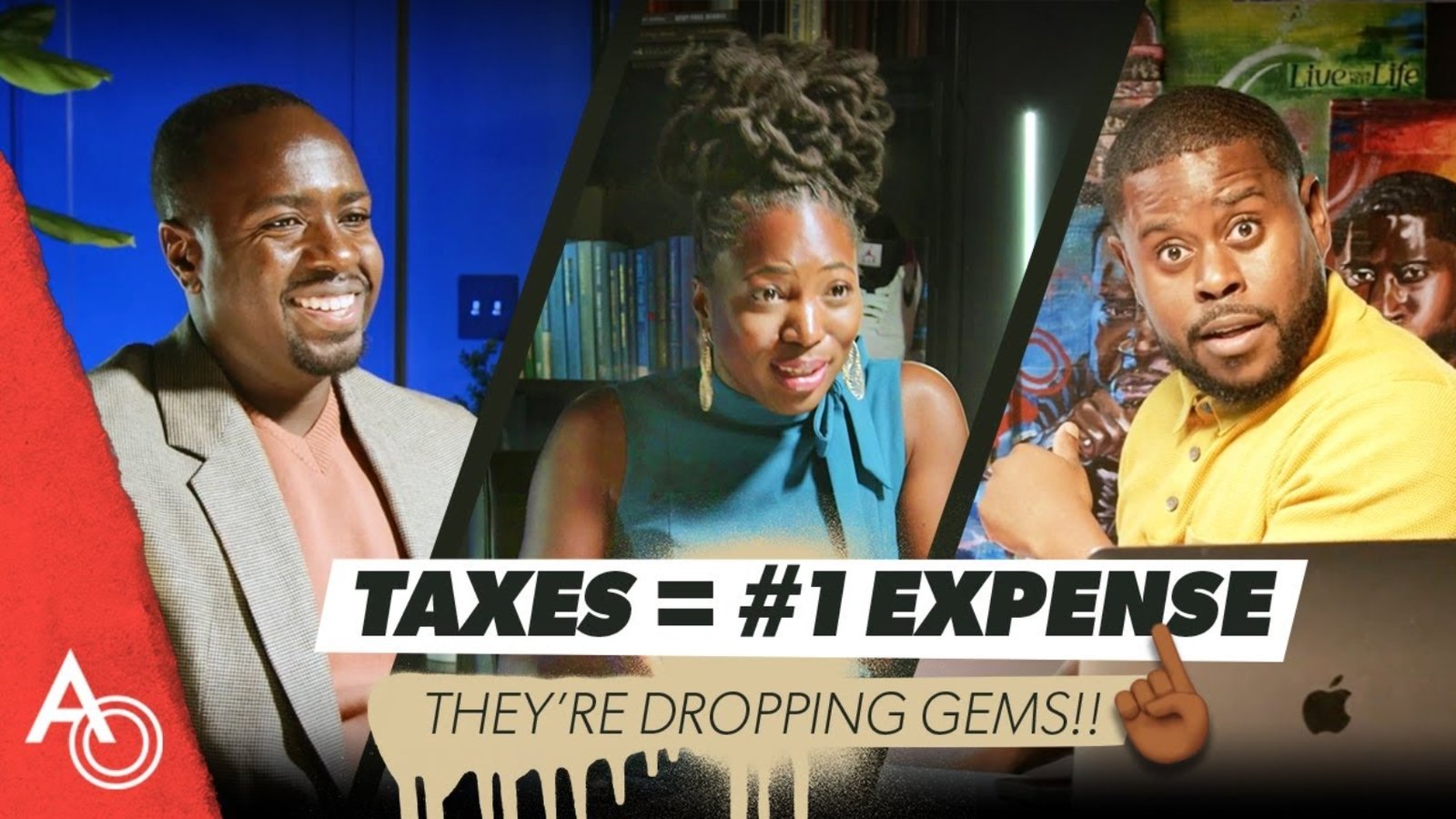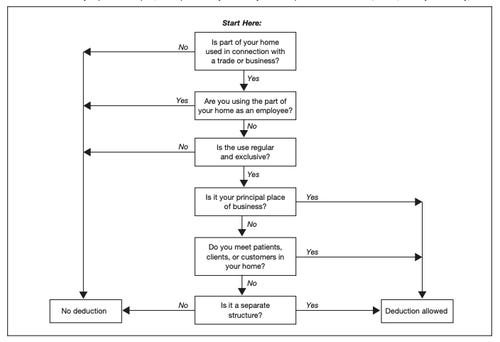Hey FOLA Fam,
We hope you’re enjoying financial literacy month!
Along with budgeting, another important aspect involved in mastering financial literacy is investing. According to Merriam-Webster, investing is the process of committing your money in order to earn a financial return. Investing is an important step to take toward cultivating your financial future.
Before investing, it’s important to assess your goals and timeline. Ask yourself the following questions: why am I investing and are my goals short-term or long-term? Assessing your investing goals and whether those goals are short-term or long-term is important because there are risks involved in investing. For someone with short-term goals, it’s important to invest in less risky options such as bonds. However, a long-term investor with a higher risk tolerance may choose to invest in riskier options such as stocks.
After assessing your risk tolerance, the next step is to open an investment account. If you’re a full-time employee and your employer has a 401(k) plan, this would be a great place to start because most employers match the contributions of their employees up to a certain percentage. As of 2022, the max amount that can be contributed to a 401(k) plan is $20,500. If you’re not an employee, your employer doesn’t give you the option to invest in a 401(k) plan, or you have maxed out your 401(k) plan for the year, you can open a Roth IRA account. As of 2022, the max amount that can be contributed to a Roth IRA account is $6,000. However, something to note is that the max contribution amount for each of these investment accounts increases for investors 50 and older.
Another important aspect to consider when beginning your investing journey is diversification. A common saying in the investing world is “don’t put all your eggs in one basket.” Diversifying your investments reduces your risk. A good way to diversify is by investing in mutual funds and exchange-traded funds (ETFs). Investing in mutual funds and EFTs is also more affordable than investing in individual stocks and bonds.
In conclusion, along with budgeting, investing is an important part of financial literacy. Investing can be a major step toward cultivating your financial future!















